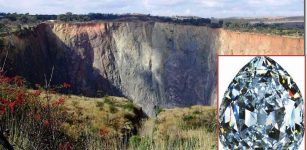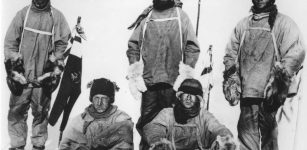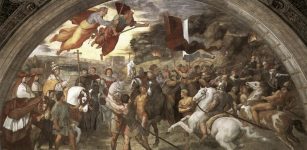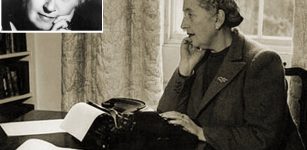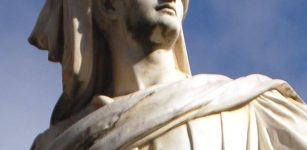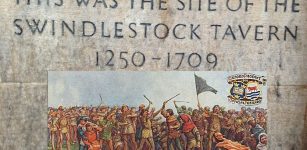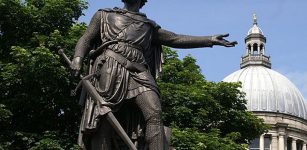On This Day In History: Richard The Lionheart Ascended The British Throne – On July 6, 1189
MessageToEagle.com – On July 6, 1189, young Richard I, titled Coeur de Lion, or Lionheart, ascended the British throne, in alliance with King Philip II of France.
Richard was the third son of Henry II and he was the last in line to the English throne. He twice rebelled against his father before he became King of England in 1189, but based himself in his Duchy in Aquitaine inherited from his mother Eleanor.
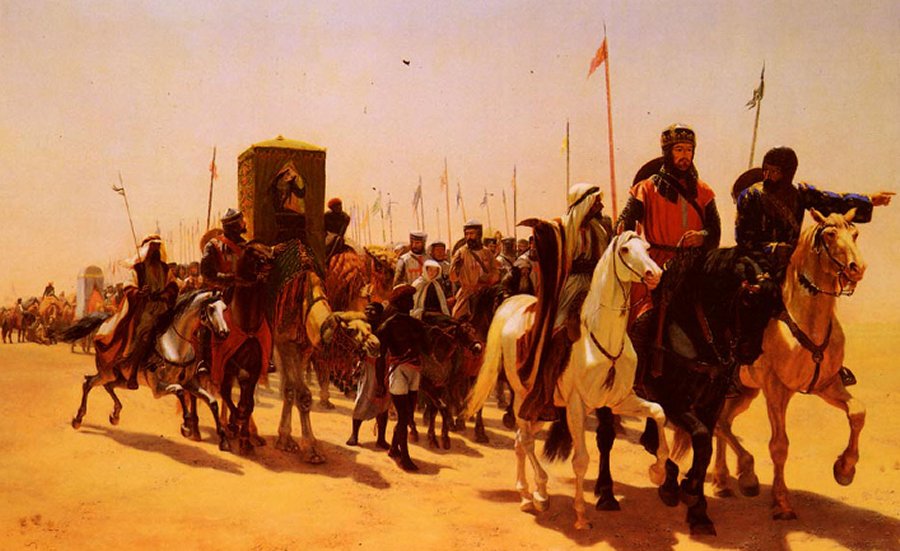
He spent only six months of his ten year long reign in England; he claimed it was “cold and always raining” there.
Richard spoke only French. He appointed William Longchamp as Chancellor of England during his absence but he was overthrown by Richard’s brother John.
Richard acquired a reputation as a leader and warrior becoming known as Richard ‘The Lion Heart’ or ‘Coeur de Lion’. His experience in warfare came from controlling rebellions in Poitou in the 1170s and against his father, Henry II, in 1183.
 He took up Henry’s plans to recover Jerusalem on his accession in 1189 and set out to establish bases for crusades in Sicily in 1190 and Cyprus, which he took in 1191.
He took up Henry’s plans to recover Jerusalem on his accession in 1189 and set out to establish bases for crusades in Sicily in 1190 and Cyprus, which he took in 1191.
Engaging in the siege of Acre, which he brought to a swift conclusion, he set off down the coast to Jaffa, conducting a fighting march against Saladin.
He was a military mastermind, and politically wise in many ways but sometimes also very foolish.
He loved his family, but behaved mercilessly to his enemies.
He was revered by his most worthy rival, Saladin, and respected by the Emperor Henry, but at the same time, he disappointed many friends, especially King Philip.
In the third Crusade 1191–92 he won victories at Cyprus, Acre, and Arsuf (against Saladin), but failed to recover Jerusalem. While returning overland he was captured by the Duke of Austria, who handed him over to the emperor Henry VI.
He was held prisoner until a large ransom was raised.
On his release he returned briefly to England, where his brother John had been ruling in his stead. His later years were spent in warfare in France.
Richard died on 6 April 1199 by a crossbow bolt while besieging Châlus-Chabrol, France and was buried next to his father at Fontevraud Abbey near Chinon and Saumur, France. It is said that he summoned Pierre Basile, the crossbowman who had delivered the fatal wound to his bedside, and was so impressed with the man’s refusal to be cowed that he pardoned him.
He left no heir.
MessageToEagle.com

